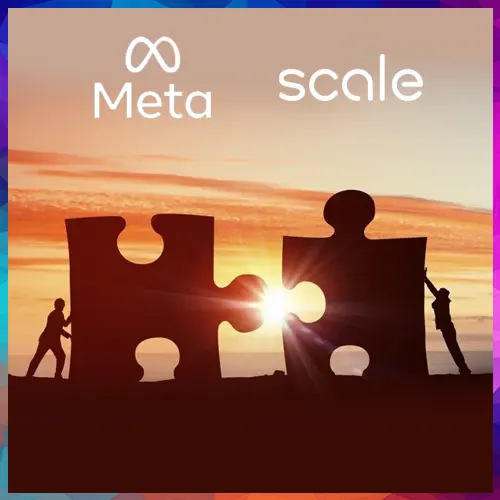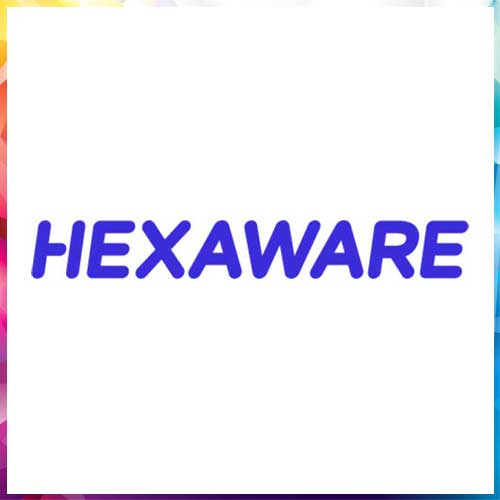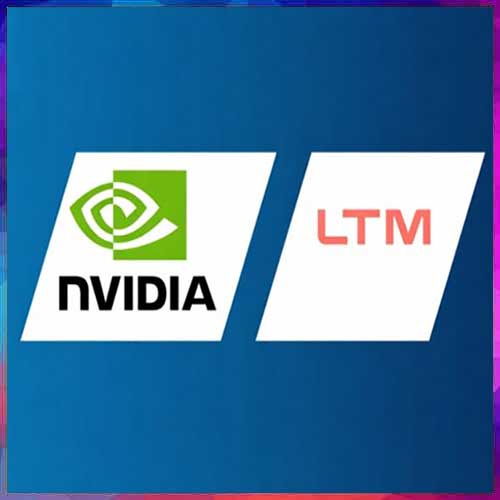Breaking News

Meta’s ambitious push into AI superintelligence is hitting early turbulence in its partnership with Scale AI, despite a massive $14.3 billion investment just a few months ago. The collaboration, which was expected to fast-track AI model training and strengthen Meta’s dominance against rivals like OpenAI and Google DeepMind, is now showing cracks due to executive exits and growing doubts over data quality.
One of the first signs of strain came with the sudden departure of Ruben Mayer, Scale AI’s former Senior Vice President of GenAI Product and Operations, who joined Meta to help build its Superintelligence Labs (MSL). Mayer exited within two months, citing personal reasons, though reports suggest disagreements about his role in Meta’s TBD Labs, the unit spearheading advanced machine learning research.
More concerning for Meta is its reliance on external data-labeling vendors beyond Scale AI. Sources indicate that TBD Labs is increasingly favoring Mercor and Surge, two of Scale AI’s biggest competitors, for AI data labeling and model training datasets. Researchers inside Meta reportedly believe that Scale AI’s crowdsourced labeling approach no longer meets the high standards required for training next-generation large language models (LLMs) and multimodal AI systems.
While it’s common for major AI research labs to partner with multiple vendors, Meta’s heavy financial commitment to Scale AI makes its pivot toward rivals especially notable. The move highlights a broader industry shift: as AI models grow more sophisticated, companies need domain experts—from healthcare and law to finance—to deliver high-quality, structured data for deep learning algorithms.
For now, Meta remains committed to building cutting-edge AI superintelligence platforms, but the growing reliance on third-party AI data providers suggests the Meta–Scale AI alliance may be less stable than once believed.
One of the first signs of strain came with the sudden departure of Ruben Mayer, Scale AI’s former Senior Vice President of GenAI Product and Operations, who joined Meta to help build its Superintelligence Labs (MSL). Mayer exited within two months, citing personal reasons, though reports suggest disagreements about his role in Meta’s TBD Labs, the unit spearheading advanced machine learning research.
More concerning for Meta is its reliance on external data-labeling vendors beyond Scale AI. Sources indicate that TBD Labs is increasingly favoring Mercor and Surge, two of Scale AI’s biggest competitors, for AI data labeling and model training datasets. Researchers inside Meta reportedly believe that Scale AI’s crowdsourced labeling approach no longer meets the high standards required for training next-generation large language models (LLMs) and multimodal AI systems.
While it’s common for major AI research labs to partner with multiple vendors, Meta’s heavy financial commitment to Scale AI makes its pivot toward rivals especially notable. The move highlights a broader industry shift: as AI models grow more sophisticated, companies need domain experts—from healthcare and law to finance—to deliver high-quality, structured data for deep learning algorithms.
For now, Meta remains committed to building cutting-edge AI superintelligence platforms, but the growing reliance on third-party AI data providers suggests the Meta–Scale AI alliance may be less stable than once believed.
See What’s Next in Tech With the Fast Forward Newsletter
Tweets From @varindiamag
Nothing to see here - yet
When they Tweet, their Tweets will show up here.





























